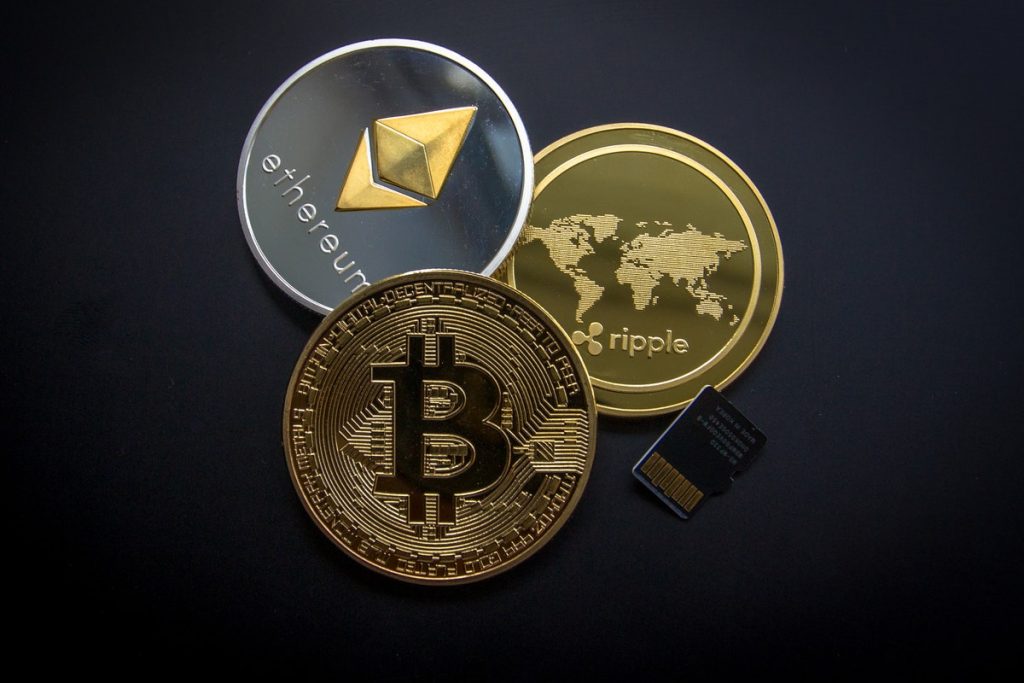FTs or “non-fungible tokens” are cryptographics that can be used to represent unique assets. These assets could be anything from digital collectibles to real-world assets.
One of the most popular applications for NFTs is digital collectibles. These tokens can be used to represent rare or one-of-a-kind items. For example, a game developer could create a limited edition run of 100 tokens that represent a special in-game item. These tokens would be valuable because they are unique and impossible to duplicate.
Although NFTs aren’t new, they have recently become the talk of the town. More people are now interested in and hearing about NFTs because of their promise to help unlock the value of unique assets. But there are still naysayers who refuse to believe in NFTs.
So, before businesses can dive into NFTs, marketers, and business owners have a task: improve the image of NFTs to the public. Here are the biggest myths about NFTs, and the answer to whether they are true or not.

NFTs are Get-Rich-Quick Scams
One of the biggest naysayers about NFTs is the entire cryptocurrency community. Cryptocurrencies are notoriously volatile, and NFTs are no exception. Although it’s true that NFT prices can spike or nosedive at any moment, it’s not necessarily a “get-rich-quick” scam
Buying any cryptocurrency is inherently risky, but NFTs offer new opportunities for creative projects. If a business is interested in NFTs, they should be prepared for volatility and plan to use the tokens as a tool to solve their problem.
NFTs are Only for Video Games
Non-fungible tokens are useful for representing assets of any kind. Many businesses have already started to use NFTs to unlock new potential in their projects.
Art museums can use NFTs to issue limited-edition digital art prints. The British Museum, for example, recently entered the world of NFTs through a collaboration with LaCollection.
Musicians can create “limited edition” album releases with unique cover songs or bonus tracks available only to those who purchase. Singer-songwriter John Legend recently announced that he’s developing a platform for musicians and other entertainers to monetize their work through NFTs.
Real estate developers can issue NFTs that represent “ownership” of a property
NFTs are a versatile tool for unlocking new value in a business, and marketers should consider how they could use them.
NFTs are Bad for the Environment
One of the biggest fears about cryptocurrencies is that their mining process will destroy the environment.
Non-fungible tokens are no different, but they should not be judged by the environmental impact of other cryptos because NFTs have so much less power consumption than other cryptocurrencies.
NFT miners are only really useful for verifying transactions. It takes a lot of energy to verify each transaction, but that’s about it
Most tokens traded on the Blockchain do not require mining and are relatively low-energy compared to other cryptos like Bitcoin. NFTs may use more power than regular cryptocurrencies, but they still offer environmental benefits over traditional products and services.
NFTs are Just for Pretend Money
One of the most common applications for NFTs is as digital collectibles or “tokens” with no real-world value. However, NFTs can unlock new types of investment opportunities in markets previously thought impossible.
For example, NFT owners can participate in an IPO (initial public offering) by purchasing custom tokens that represent shares in a company. These shares can then be resold on the market, giving NFT owners the chance to make or lose money like any other investor.
NFTs are not just for pretend money, and companies should consider how they might use them to support business models in unique ways.
NFTs are Bad Investments
NFTs are not all rainbows and unicorns. Like any investment, they carry the risk of devaluation or complete loss.
This is especially true for NFTs tied to a real-world asset, like property. If the token doesn’t represent an active business with continuing revenue, there’s nothing to stop it from being shut down by regulators
Marketers must consider these risks before creating or investing in their own NFT offerings. Otherwise, they could lose the entire value of their investment overnight.
Though NFTs face many challenges ahead, marketers should keep looking for new opportunities to use them in creative ways. By debunking some of the biggest myths about NFTs, marketers can separate fact from fiction and determine if NFTs could be a valuable tool for their next project.
NFTs hold huge potential for businesses. However, there are very common misconceptions about them ranging from claims that it is a scam to their alleged negative impact on the environment. Businesses that want to explore this trend should look into hiring project management services that have mastered NFTs to ensure that their investment will be profitable.

